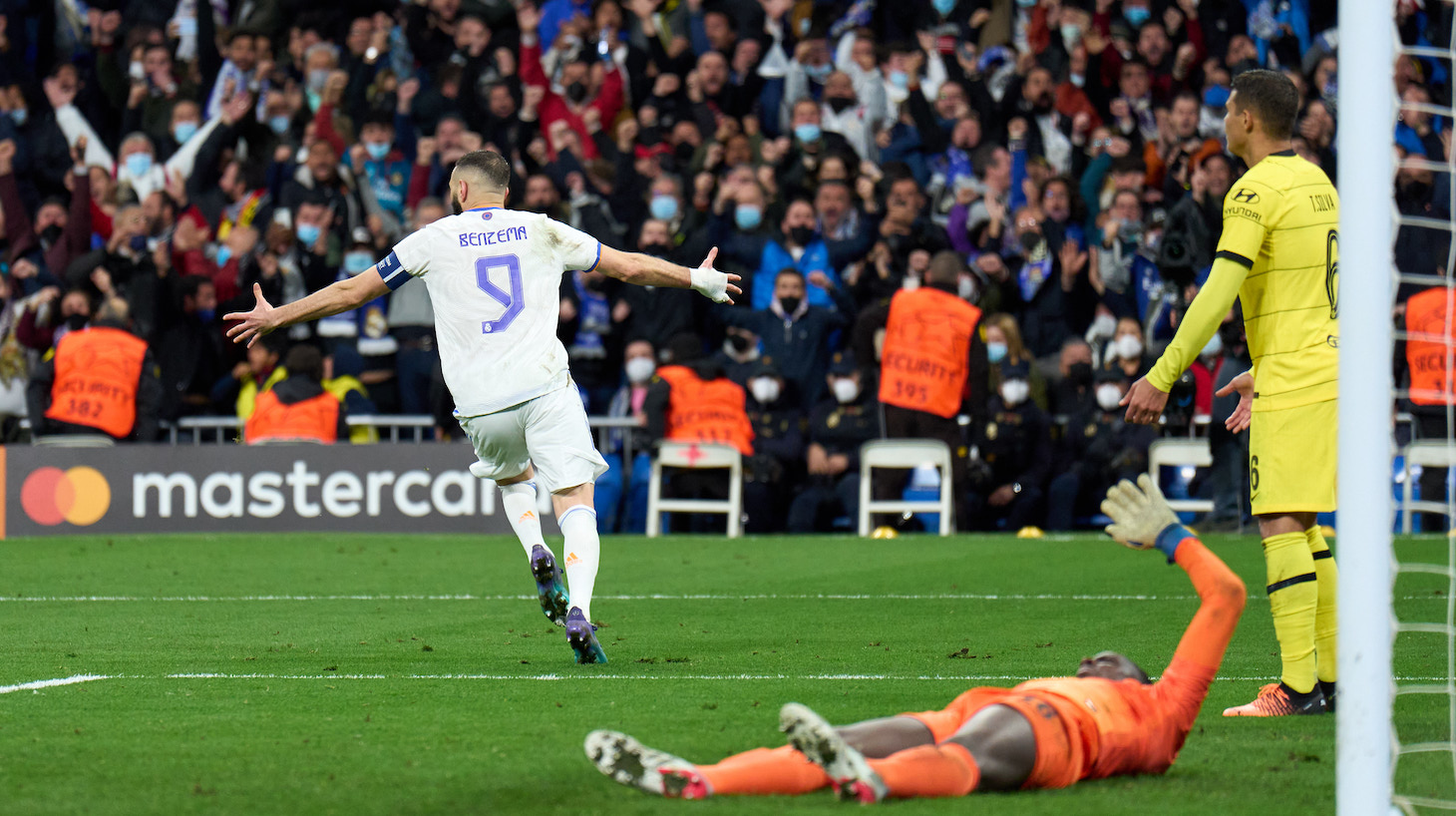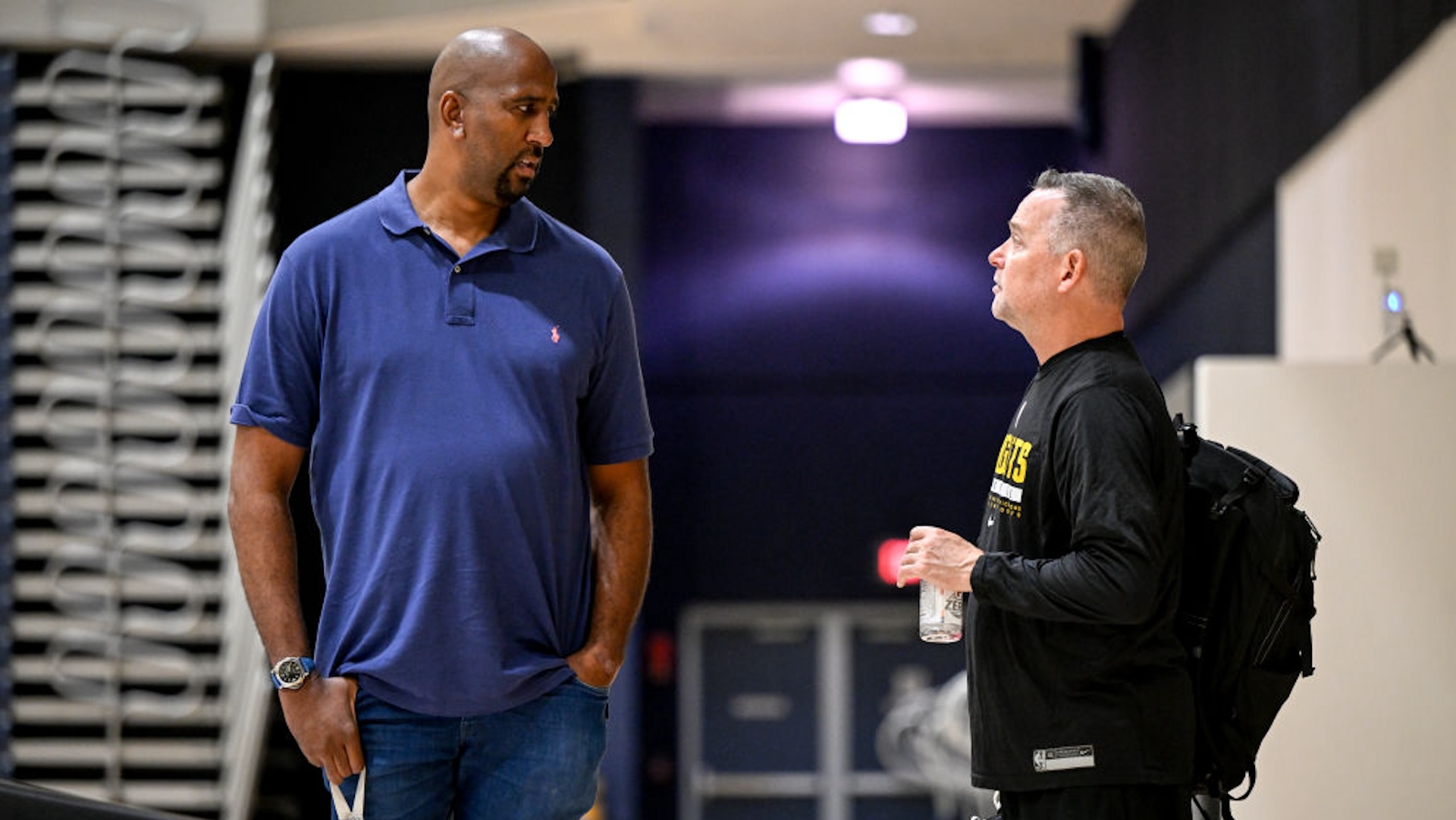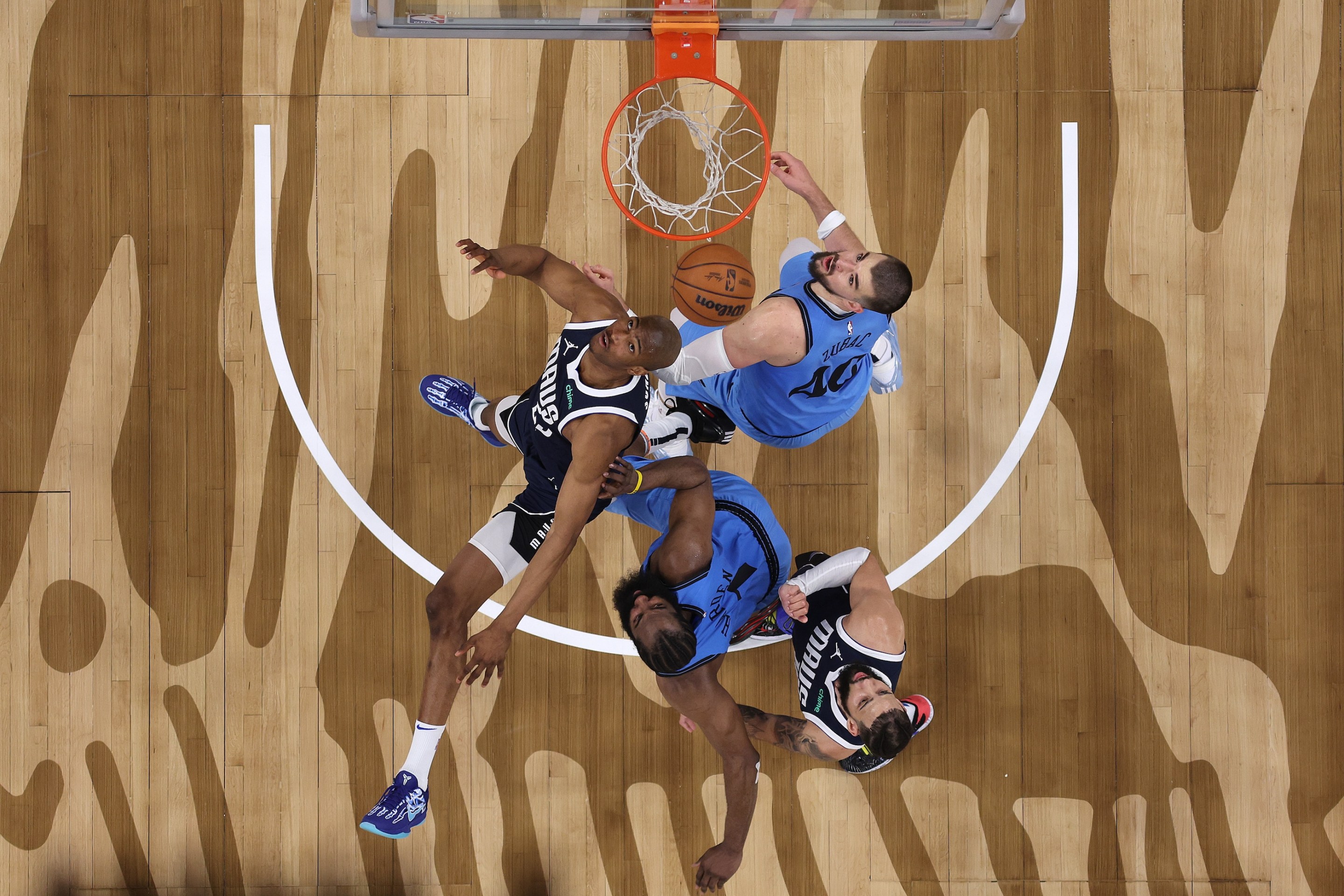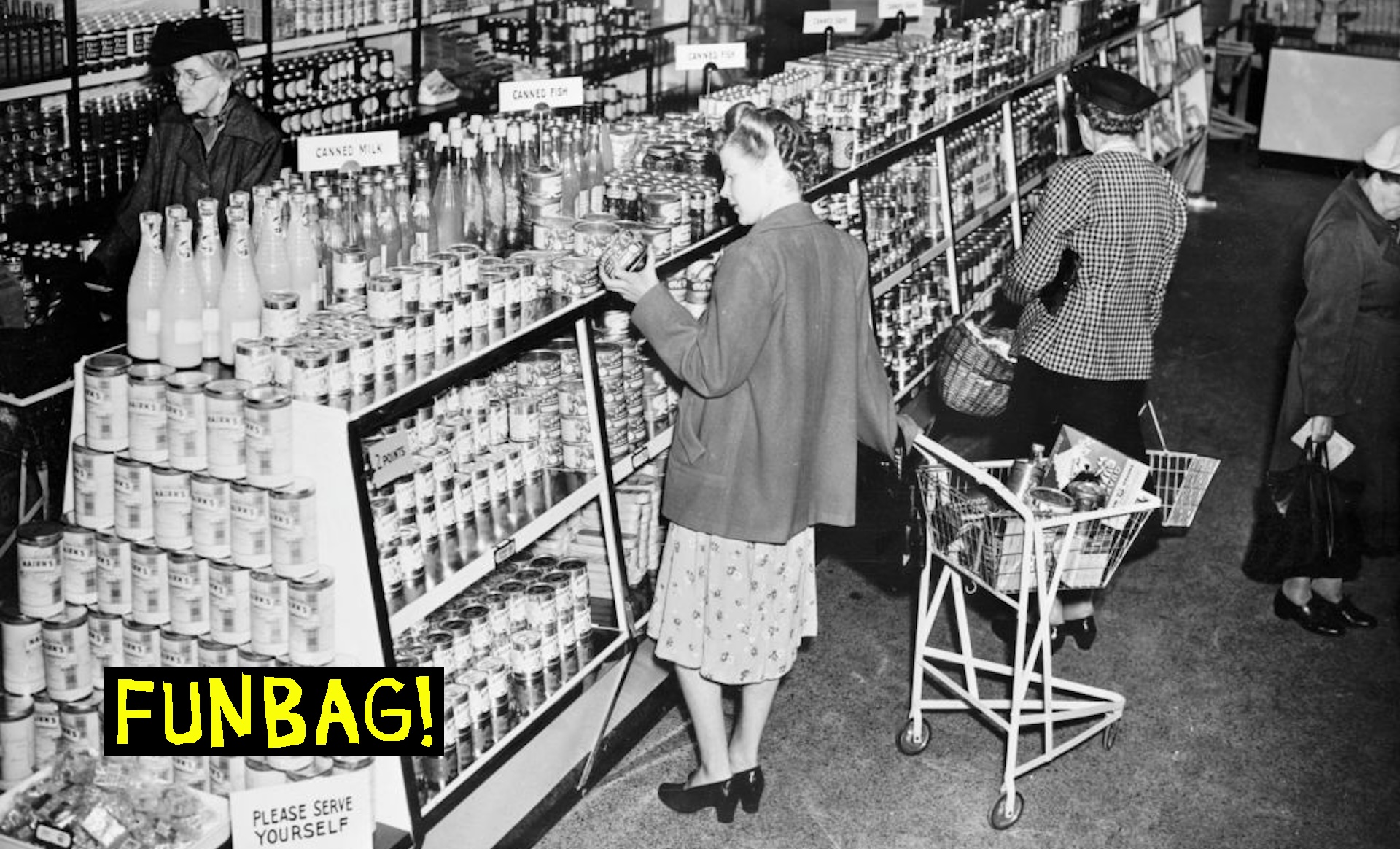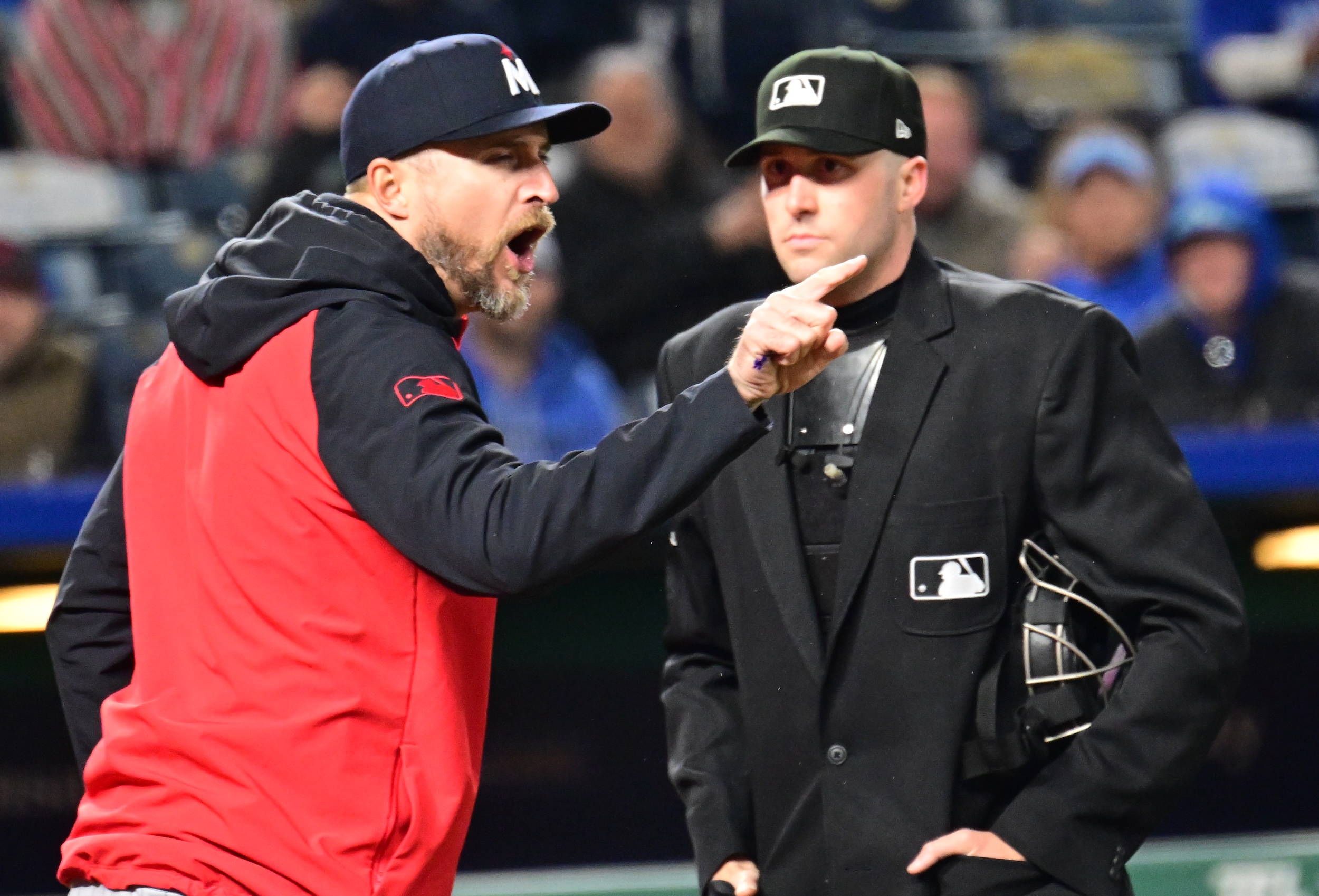The "Nobody believed in us!" motivational tactic isn't nearly as prevalent in European soccer as it is in American sports. I think this is because of the game's baked-in inequalities. Unencumbered by American sports' parity-promoting shackles, the best European soccer clubs are free to get really good, to a degree that player drafts and salary caps and luxury taxes don't allow for. Because of this, there's no real percentage in favorites feigning underdog status, and they'd probably find it beneath them to do so. And on the underdog side, to crow after an upset about how nobody believed you could pull it off would be to point out the trivially obvious. Yes, David, we know, no one picked you to win the fight. Because the other guy was a literal fucking giant.
But if there is a club in this season's Champions League that could make a cogent case for being discounted, written off, and denigrated throughout a run which has now led to the semifinals for the second year in a row, it would be Real Madrid. This is a little ironic, given that Madrid historically is the club with the best pedigree in the competition, and many of the leading figures of this iteration of the team were fixtures in the side that, between 2014 and 2018, orchestrated the greatest period of Champions League dominance ever. Each of those aspects—Madrid's historic place in the tournament, the squad's memory of that glorious run, the many years that separate that run from today—play into why Madrid has repeatedly been underestimated in European play this season, and why the team repeatedly proves those doubts wrong.
On Tuesday, Real Madrid capped its 5–4 aggregate victory over Chelsea with a nervy but triumphant 2–3 loss at home. That result made the reigning UCL champion Blues the second consecutive favorites to fall before the Blancos, following Madrid's toppling of Paris Saint-Germain in the round of 16. Both ties shared a lot in common. In both, Madrid was considered the underdog on paper. In both, Madrid's opponents actually outplayed them for the vast majority of the two legs. Yet in both, Madrid tapped into its deep well of experience, confidence, and talent for coming up big in the big moments to resist during the hard times and capitalize during the good times, which saw them best their supposed betters.
It's difficult to explain how Real Madrid overcame Chelsea over these two legs without turning to cliches about intangibles and know-how and the will to win. The most concrete explanation can be found in the penalty areas. Though the large expanse between the boxes is where the bulk of the game is played, it's inside the two penalties areas where matches are won or lost. And few teams in the world can match Madrid's dominance inside both boxes. This assuredness around the goalposts comes primarily from just two players: Karim Benzema and Thibaut Courtois.
At this point it's well-established that Benzema is a player of the very highest caliber, and is currently in his best moment. For the entirety of his career—from his eruption onto the scene at Lyon, to his critical role as Cristiano Ronaldo's amplifier for most of his Madrid tenure, to finding himself cast as the leading man in the post-Ronaldo years—Benzema has been a master of the subtle, the intelligent, and the precise. Those proficiencies, plus his unwavering prioritization of the collective over the individual, made him the perfect compliment to an end-product machine like Ronaldo. It also made the full extent of his talents a little less visible; most of the credit for Madrid's prodigious attack went to Ronaldo, the goalscorer, and not Benzema, who did so much to make those goals possible in the first place.
This has changed ever since Ronaldo left. Now, Benzema is able to use all of that subtle movement and intelligent positioning and precise touch not just to create for others, but also to get the ball into the net himself. His back-to-back hat tricks in the knockout rounds, first in the second leg of the PSG tie, then in the opening round of the Chelsea one, were just what we've come to expect from this vintage of Benzema. No striker in his generation has had more talent than the Frenchman, and he is at last getting the accolades for it by doing what it is that earns those accolades from soccer aficionados and casuals alike: scoring goals.
If Benzema has seen his star rise over the past couple years to where it long should've been, then let this season do the same for Courtois. He may not be a Pirlo-with-gloves passing specialist like Ederson or Marc-André ter Stegen, but no goalkeeper right now is as reliable at protecting his net as Courtois. More than any other Madrid defender, Courtois is the one who did the most to prevent both PSG and Chelsea from burying the Blancos in goals during their long periods of attacking ascendency. With Courtois between the sticks, Madrid was able to suffer but not succumb.
So, if Real Madrid has a couple best-of-the-best players in Benzema and Courtois, and fleshes the squad out with the likes of Vinícius, Luka Modric, Toni Kroos, Casemiro, David Alaba, and Éder Militão, then why would no one believe the team to be capable of getting as far as they have in a tournament several of those players have won multiple times already? Well, because the team itself really isn't that good. Madrid unquestionably earned its spot in the UCL semifinals, but the team entered both knockout ties as underdogs for a reason. And even though the greatness of players like Benzema and Courtois and Modric led Madrid this far, there's no denying that both PSG and Chelsea looked like the stronger team during each of the four matches. Madrid might have Benzema to finish chances with ruthless efficiency, but the team isn't particularly great at creating a bevy of scoring opportunities. Similarly, although Courtois and Militão were able to keep Madrid safe enough when opponents got near the Blanco goal, the defense allowed attacks to enter Madrid's box with startling regularity. Madrid went through by exhibiting greatness in pivotal moments, not by being particularly good as a whole. That serves as a tidy encapsulation of what this team is: more great than it is good.
Part of the reason for this is that many of the team's major players are old. For reference, of the 16 Madridistas who stepped onto the pitch during Tuesday's match, seven of them also appeared in the 2016 UCL final, the first of the three-consecutive European Cups the club lifted during that iconic run. In addition, Nacho, who started the game on Tuesday, was an unused substitute in that 2016 final, and Gareth Bale, a starter in the final, was an unused substitute against Chelsea. Clearly, this is a club that hasn't undergone all that much rejuvenation of late.
Although most of the guys who are still around from the final six years ago remain exceptional players, none are at their physical peaks. So while the 36-year-old Luka Modric can still uncork game-changing passes like his unreal assist for Rodrygo's goal on Tuesday, he and his fellow old heads can no longer maintain their best with the same consistency and regularity as they could in their primes. There may be no midfielder in the world you'd pick over Modric if you had to put together a team for a single game, but there are probably about a dozen you'd prefer to have over the course of a long season. And the same goes for most of Madrid's other long-toothed veterans. This is how a team that performs so irregularly over the course of a season could nevertheless fight its way into the UCL semis in consecutive years: by picking its spots and coming up big during them.
That to me is what makes Real Madrid's performance this season so special: it truly belongs first and foremost to those players, their enduring talent, and their titanium mentality, fortified over many years, which gives them an unshakable belief in themselves and each other. Even the club itself can't take much credit for how things have turned out, not after the way it has more or less left this group to fend for themselves while the club bides its time plotting its next big project.
Ever since Ronaldo went to Juventus in 2018, Madrid has been in something of a holding pattern. Outside of signing Eden Hazard in 2019, the club has focused its team-building strategy on placing a high volume of high-potential bets—expensive and well-placed bets, some of which, like the ones put on Vinícius and Militão, have already paid off, but bets nonetheless.
The reason for this uncharacteristically patient and unambitious transfer policy has a name: Kylian Mbappé. It has been evident for years now that Madrid president Florentino Pérez has seen in Mbappé the crown jewel of his next, probably final, legacy-sealing Galactico project. I believe that Pérez's obsession with Mbappé, and his desire to get the Mbappé era off to the glitziest start possible, has led Pérez to resist the urge to splurge on the best possible present Real Madrid roster in favor of waiting to get Mbappé and then going wild. While he awaits his coveted Frenchman, Pérez has been content to shed some big salaries (Bale, James Rodríguez, Sergio Ramos, Pepe), see which of his previous bets might come good (Isco, Marco Asensio, Martin Odegaard—none of which worked out), give room for the latest bunch of expensive youngsters to develop (Vinícius, Militão, Rodrygo, Reinier, Álvaro Odriolozola), stock up the coffers for the future via big-money sales (Raphaël Varane, Achraf Hakimi, Odegaard), and let the remaining icons from the previous decade play out their dotages before their adoring fans.
Seen with cold eyes, it's a wise strategy, especially in light of what the coronavirus pandemic did to all non-state-owned clubs' finances. But it's decidedly un-Perezian, and is not what Real Madrid is really about. What's more, it evinces a lack of faith in what the old guard had left in the tank. A Madrid that really believed in this collection of players probably would've done more to replace the likes of Dani Carvajal, Lucas Vázquez, and Nacho, so that they wouldn't have to rely so much on three players who've either lost it (Carvajal, a victim of injuries) or never had it in the first place (the other two). A Madrid that saw a UCL semifinal run in the cards this season, coming off last season's unexpected semifinal run, probably wouldn't have gone into the campaign with a Rodrygo-Asensio timeshare at the right wing position, and instead would've sought out a third forward equal to the talents of Vinícius and Benzema. With more urgency in its planning, and a desire to get the most out of Benzema and Modric and Kroos rather than coasting on whatever they had left, Madrid could have assembled the kind of team that would be favorites to contend for the UCL title instead of one ecstatic to have upset its way to the semis. If Benzema, Courtois, Modric, and the rest of them want to stick it to the doubters, they'd do well to knock on their own president's door first.
At this point, though, it doesn't matter whether anyone thinks Madrid should have a better roster right now, or if the team did or did not actually outplay PSG or Chelsea in the prior rounds, or even whether Madrid or Manchester City should be favored in the upcoming semifinal. All that matters is that players, and the players alone, have once again pulled the club to the final stages of the competition by which the club defines itself. This is the essence of Real Madrid—confidence, determination, fearlessness, hunger, and greatness, all in total disregard of what anyone else thinks or does or believes possible, be it the opposing team or fans or even their own club.
